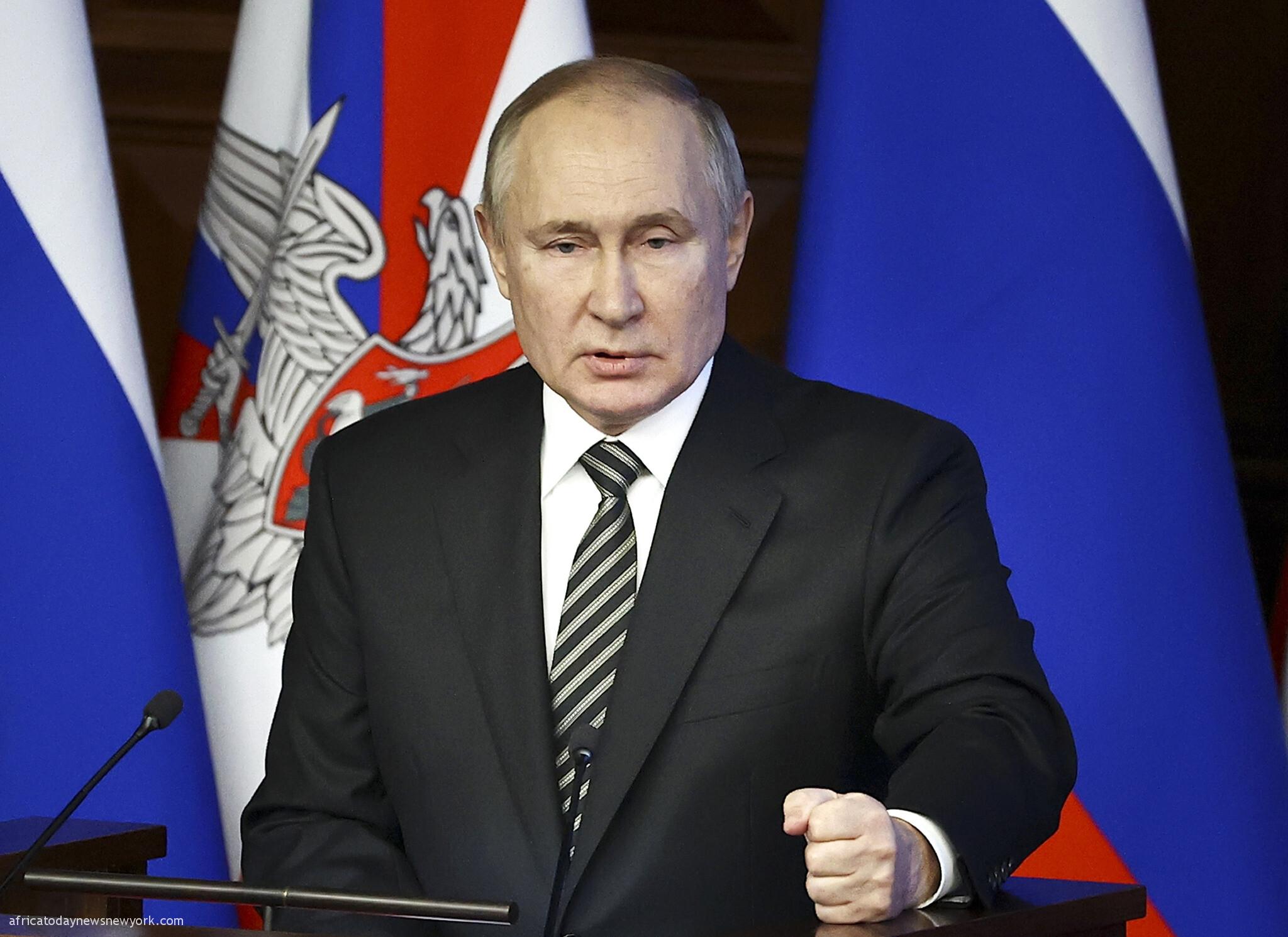Russia’s Defence Minister Sergei Shoigu has revealed that ‘adequate countermeasures’ to Finland and Sweden’s bid to join NATO are currently being put in place.
In a speech yesterday, Shoigu said the bid by the two Nordic countries was among several military threats that have increased in recent years along Russia’s northwestern border.
Those threats also included the United States stepping up strategic bomber flights, sending warships to the Baltic Sea and intensifying training exercises in the region with its NATO partners, he said.
“Tension continues to grow in the zone of responsibility of the Western Military District. We are taking adequate countermeasures,” Shoigu said, as Moscow’s forces continue their invasion of Ukraine.
Read Also: NATO: Putin Threatens Finland’s ‘Mistake’ Of Joining
“By the end of the year, 12 military units and divisions will be established in the Western Military District,” he added.
This will be accompanied by a surge in military equipment and weapons.
“This year, we intend to get more than 2,000 pieces of such equipment,” Shoigu said.
Security concerns driven by Russia’s invasion, which began on February 24, led Finland and Sweden to break from longstanding policies of neutrality and move to join NATO.
Finland shares 1,340km-long (830 miles) land border with Russia, while Sweden shares a maritime boundary.
NATO Secretary-General Jens Stoltenberg confirmed on Thursday that he had received their applications to join the bloc, in what could represent one of the most significant changes in Europe’s security architecture in decades.
All of NATO’s 30 member countries must agree to accept new members; Turkish President Recep Tayyip Erdogan has expressed opposition to Finland and Sweden joining.
On Thursday, Swedish Prime Minister Magdalena Andersson and Finnish President Sauli Niinisto met US President Joe Biden at the White House, where Biden pledged “complete backing” to the two countries.
Hours later, top US General Mark Milley spoke by telephone with his Russian counterpart General Valery Gerasimov in their first discussion since the war began, according to the Pentagon.
A spokesman for the US Joint Staff said the general “discussed several security-related issues of concern”, without offering further details.

